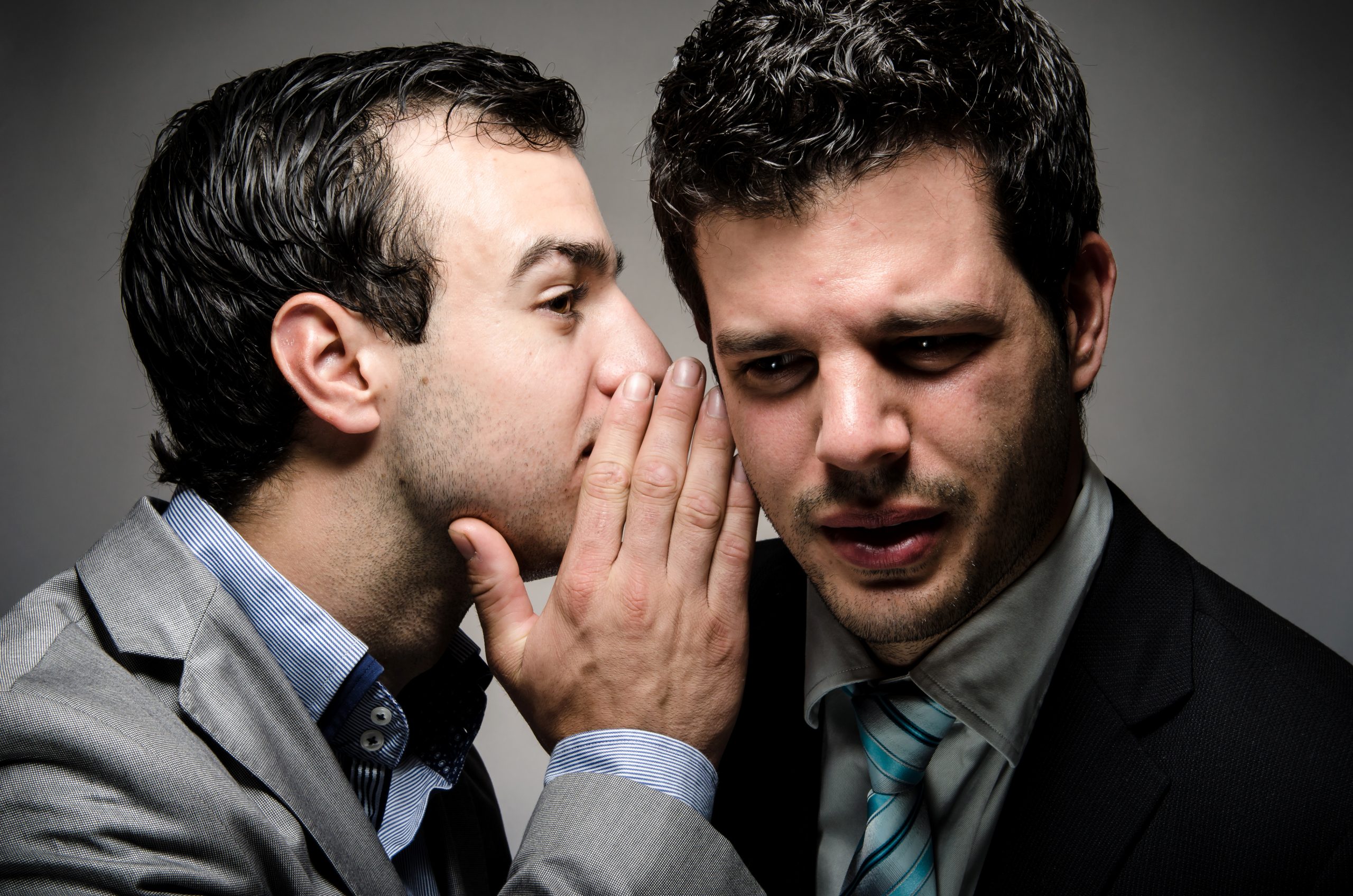In the legal system, the word “hearsay” probably means what you think it means. First, you hear something someone else said. Then you say what they said. That’s hearsay. It’s an out-of-court statement from someone else that you try to say in court.
For the most part, courts don’t allow those out-of-court statements as evidence. The main reason they aren’t allowed is because they aren’t reliable. Anyone can say you said something. Whether you actually did, however, is a separate issue. For that reason, state and federal courts have rules preventing parties from using hearsay in court.
In federal court, Federal Rule of Evidence 802 states the general rule profiting hearsay. It states that “[h]earsay is not admissible unless” otherwise allowed by law.
What kind of hearsay evidence do courts allow?
But, like most general rules, the hearsay rule has exceptions. In federal court, there are 23 exceptions to the general hearsay rule. Those exceptions come from Federal Rule of Evidence 803.
Present Sense Impression
A present sense impression is a statement someone makes describing or explaining an event. As long as the person makes the statement while the event happens or immediately after, this exception likely applies. Imagine someone says “we are going way too fast” just before they crash a car. The statement might be admissible as a present sense impression.
Excited Utterance
An excited utterance is a statement relating to surprising event. As long as the person makes the statement during the stress of the event, this exception likely applies. Imagine someone yells “he has a gun” shortly before someone is shot. That statement might be admissible as an excited utterance.
Then-Existing Mental, Emotional or Physical Condition
A statement about your own existing state of mind, emotional or physical condition is also an exception to hearsay. In terms of state of mind, examples include comments about motive, intent or plan. In terms of emotional or physical condition, examples include comments about how you feel, whether you’re in pain or your overall health.
Statement for Medical Diagnosis or Treatment
A statement that is made for a medical diagnoses or treatment is also an exception to the hearsay rule. The statement must describe medical history, symptoms or the cause of either. In the criminal context, this rule might allow a rape victim’s statement about the cause of their injuries to come into court.
Records of Regularly Conducted Business Activity
Finally, a statement that is made as part of a daily business record is not considered hearsay. A common example in criminal cases is a report made from a 911 call. Because those reports occur in the course of regular business, they usually aren’t hearsay.

What if the person who said it isn’t available?
Although you can’t testify about what someone said, you can call that person as a witness. Often, they still can’t testify about what they said. But they can still testify about what they witnessed, which may be all you need for your case.
Someone could be unavailable because they died or you can’t find them. They could also be unavailable because they legally refuse to testify or because they can’t remember key details.
If the person is not available, Federal Rule of Evidence 804 sets forth the kinds of statements allowed in court. Examples include the following:
- former testimony,
- a dying declaration,
- a statement against their own interest or
- a statement about their personal or family history.
What is hearsay within hearsay evidence?
A final kind of hearsay you might have heard about is “hearsay within hearsay” evidence. This is exactly what it sounds like, too. You want to testify about what you heard someone say about what they heard someone say. In that circumstance, both levels of hearsay count.
While complex, a common example might help clear things up. Let’s assume that a report from a 911 call is admissible under the business-records exception mentioned above. Even if that’s true, a statement in that record from the victim, such as an identification, might not be.
The Takeaway:
Hearsay evidence is complex. There is the general rule against it, exceptions, exclusions and more. It’s not uncommon for a prosecutor to improperly use hearsay evidence without a criminal defendant or their attorney even realizing it. Understanding what hearsay evidence is and how the rules apply can make a big difference in your trial.






